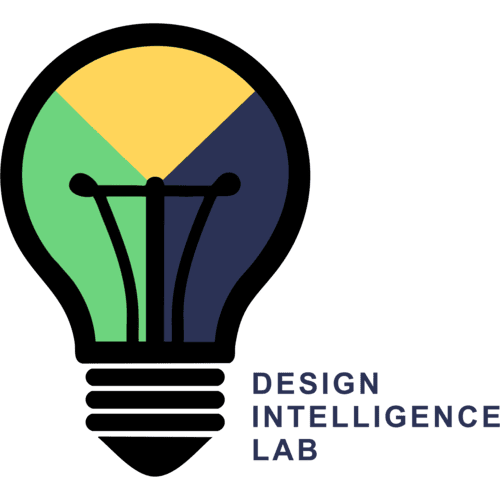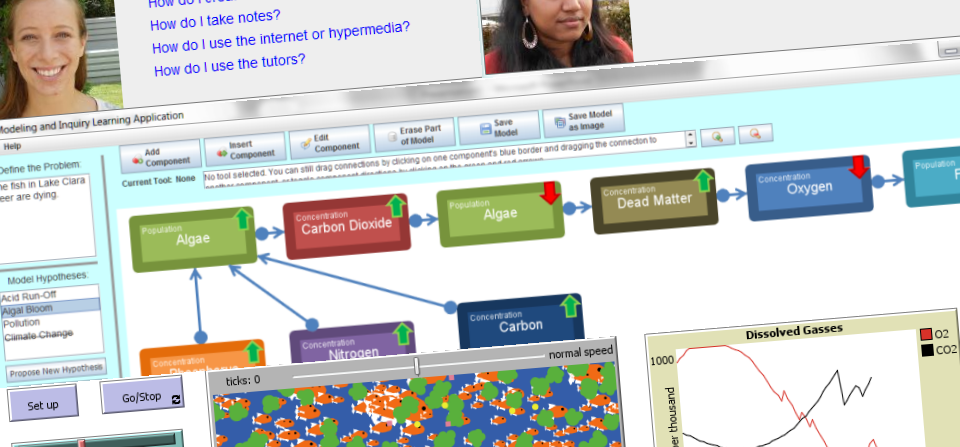The Systems Thinking project at the Design & Intelligence lab broadly focuses on teaching students at various levels to engage in thinking about complex, and especially ecological, systems. The project specifically addresses multiple specific tasks and abilities:
- Helping students understand complex systems through the construction of structure-behavior-function models (Goel et al. 2010; Goel et al. 2013).
- Providing feedback on model construction through dynamically-generated invokable simulations based on conceptual models (Vattam, Goel, & Rugaber 2010; Joyner, Goel, & Papin 2014).
- Facilitating the broader process of scientific inquiry, grounded in model construction (Joyner, Majerich, & Goel 2013).
- Providing personalized feedback on modeling and inquiry through metacognitive tutoring agents (Joyner & Goel 2014).
The Systems Thinking project has been under active development for over ten years. Over one thousand students have used the tools constructed within the project. The first of these tools, the Aquarium Construction Toolkit (ACT), allowed students to construct structure-behavior-function models of aquaria based on investigation of a classroom aquarium. The second tool, the Ecological Modeling Toolkit (EMT), built and expanded on ACT by generalizing the construction of models out into various ecological systems, such as ponds, lakes, and estuaries. The third and current tool, the Modeling & Inquiry Learning Application (MILA), augments the modeling process with multiple tools for inquiry to facilitate model-based inquiry in addition to modeling alone.

